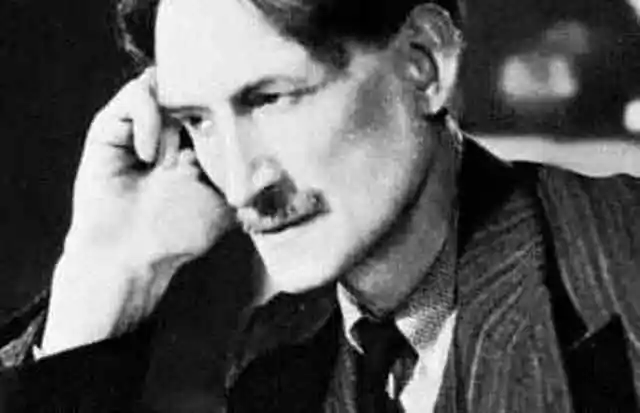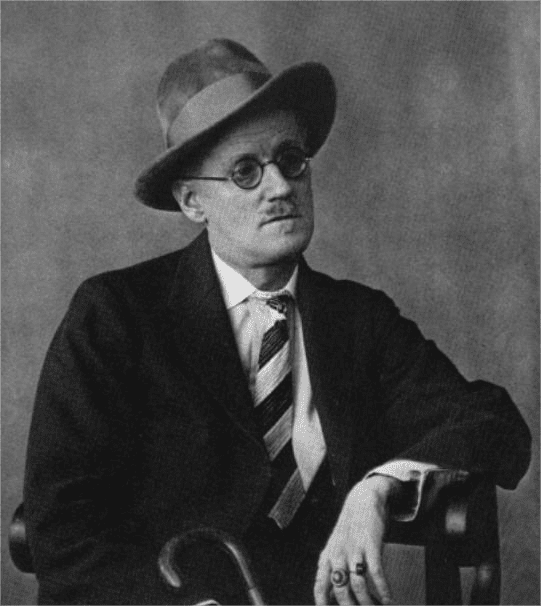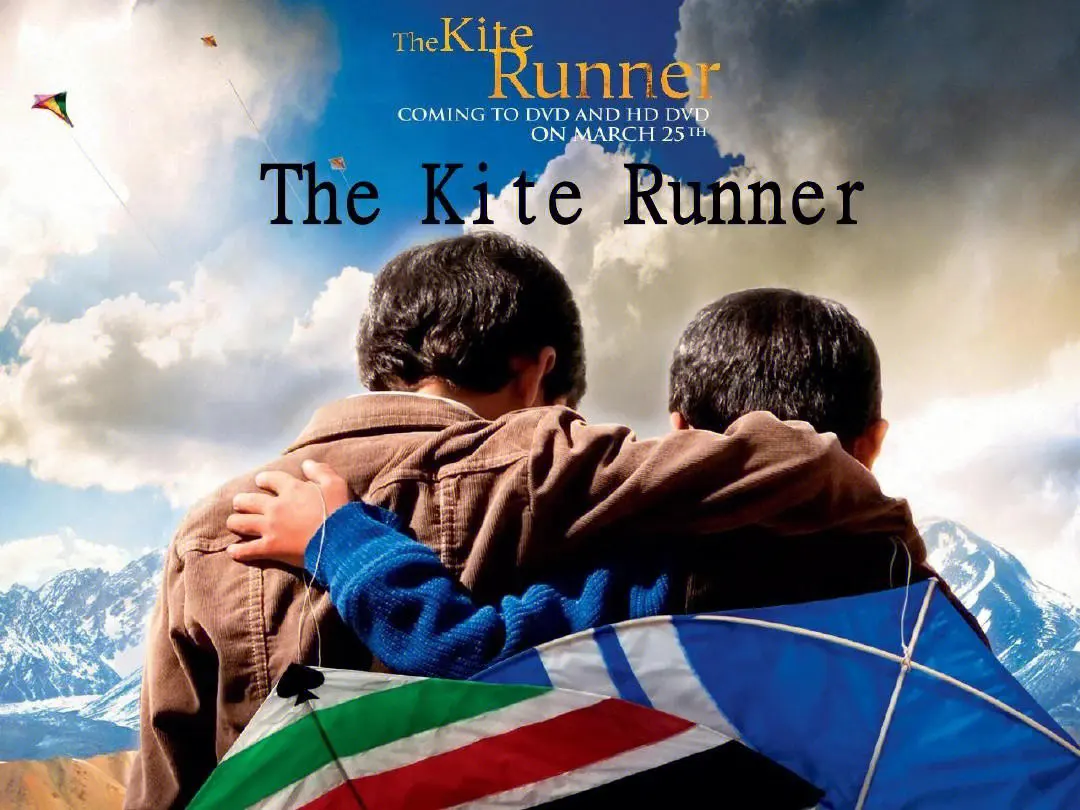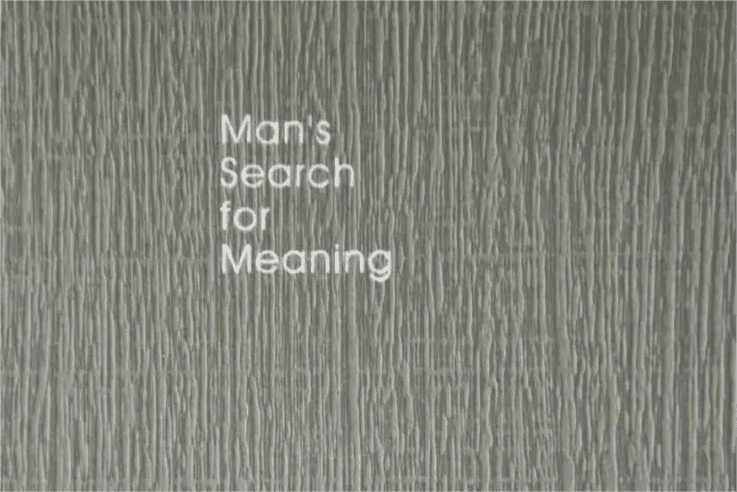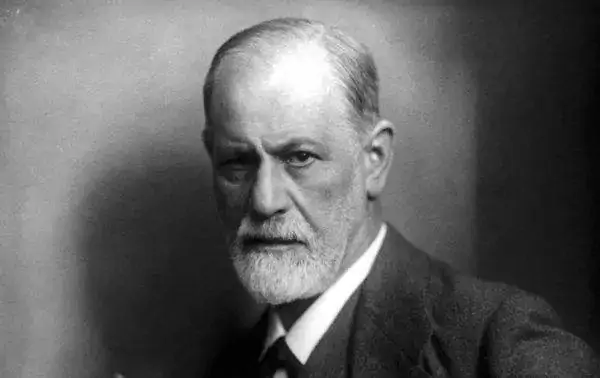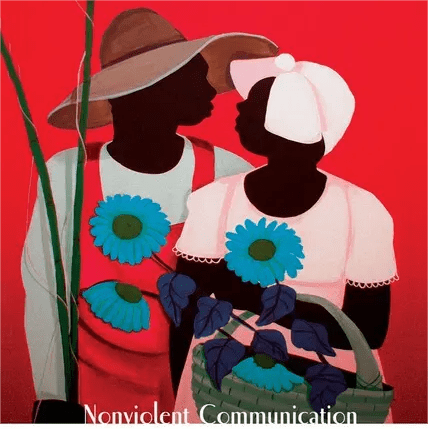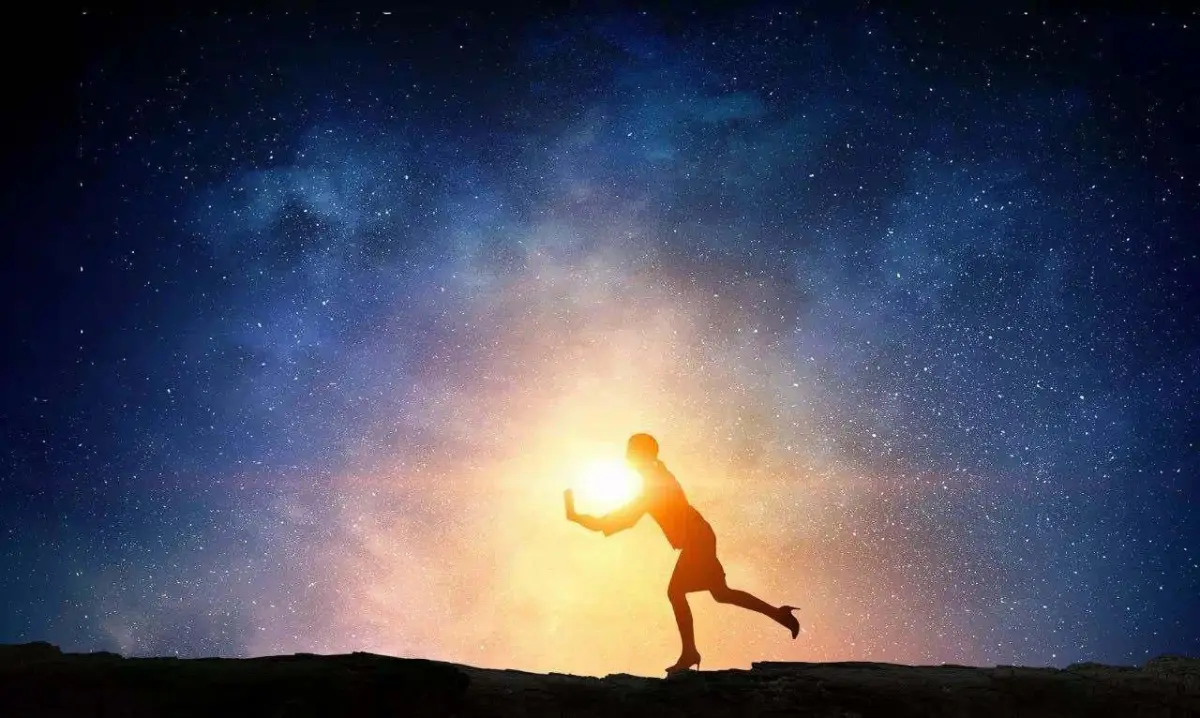Cross is one of Henry Barbisse’s famous short stories on the subject of war. The novel takes a war of aggression against Africa launched by France in the 19th century as the background, and reveals the disaster brought by the unjust imperialist war to the African people through the experiences, experiences and psychological changes of the “I” who participated in the war.
As a result of a very successful surprise attack, we entered the Galaga village. There are only a few women, children and frail people left in the village. It just so happened that all the Rolobe warriors were out hunting that day.
Thanks to the deep twilight, one of our soldiers secretly killed a very ugly guardian, who looked as wrinkled as an old shoe polish boot; Crouching beside the wall, he thought he was guarding the village. We were now in the vicinity of the central square without being noticed.
They were hidden behind the huts, loaded, their rifles pinto, all ready, until we opened fire and wiped out all these shadows. They sat in twos and threes on stones and on the ground, and others moved to and fro.
In front of me, two negroes sat on a bench, their backs against the wall, silent and motionless. I took aim at the one on the right and thought to myself, what are they talking about for so long…
A call! Our rifles were fired simultaneously from all sides like thunderbolts. It was not long, only two minutes, and the dark figures were all dead and sent back to their homes. They seemed to go underground, and like smoke, the wind swept away.
I confess, in truth, that we were somewhat overdone afterwards with the survivors, men and women, who escaped our volley, and went into the low huts like voles. The killing was excusable for the joy of victory, and it was perfectly natural and humane on the battlefield. Besides, we were drunk — we had found a cask of sweet wine in one of the larger huts, which some hapless English spy had probably sold to these Rolobees. For my part, I must confess that the events which took place left in my mind nothing but extreme confusion. But I remember one thing very well: two black men, in front of me, and I raised my rifle and took aim at one of them. I saw these two again later: for I almost tripped over them. A moment before, they had been silent and comically looking, but they had fallen dead under the bench. They were two little negroes, a boy and a girl, curled up, hugging each other like clasped hands… They are lovers! The subject always haunted me, against my will, so that I could not help laughing at it several times on such a memorable evening.
Later, my mind was completely confused: binge eating and drinking, yelling, dancing, squeezing my nose and eyes, jumping around. Suddenly, there was a sharp pain in the skull… I fell down… Unconscious.
It was six weeks later at St. Louis Hospital that I regained my sanity: one morning I opened my eyes, and everything was white and smelled of iodine.
Then others began to tell me what had happened: that our company had been so negligent as to stay in the conquered village and fall asleep. So the Rolobe warriors who came home killed all of us, all of us, none left.
“What about me? I asked.
They told me that luck had saved me, that a hut had fallen down, and the broken wall had crushed me down, but had covered me. The next day, the main force of the expeditionary force retook the village, ransacked it, and finally killed the Rolobe and dragged me out by the legs through the collapsed debris that covered me.
… But even better was to come: the Governor came to my bed and presented me with the fifth Order of Honor himself.
All my companions are dead, and I get a medal! I went to bed on this day in a state of indescribable passion and supreme happiness.
I soon recovered from my wounds and could not wait to return home with my medal. I had dreams: my father, my mother, my neighbors, everyone’s face appeared before me. My old friends are still poor and afraid to talk to me. The captains of the factory came to rub shoulders with me. Who expects it? Perhaps that rich Miss Mulley will agree to marry me, in spite of her age!
The day I had been looking forward to came: early one July morning, I arrived in Villefort. I put on my old coat, put on my new medal, and walked with my head held high.
Oh my God! What a welcome party! At the station there was a sound of music and a procession of girls, young and young, all dressed in their festive costumes, waving flags and bouquets of flowers. There was a gentleman with his little tuxedo wrapped tightly around him and his face as red as a cow. He greeted me hastily before I could get off the steps of the carriage. The Count de Villaval, owner of the castle, in his hunting clothes, smiled at me. The crowd was bustling and crowded. Someone shouted, “There he is!” It was like Shouting, “Long live the King!” My parents, in the crowd, in their tuxedos and beaming faces, I barely recognized them.
People swarmed me into town Hall for lunch. There were endless speeches before and after the table, all about me. They call me “the glorious survivor of Galago, the hero of Senegal”. People have spoken before me in innumerable different ways of my accomplishments, and in a certain way have suddenly mixed up things relating to France, civilization, and so on.
It was late afternoon before lunch was over. The crowd calmed down, and a news reporter came to my seat and asked me to speak to him personally about my exploits for his newspaper.
“Well, OK,” I said, “that’s it… I… I… Did…”
But I could not find any words to continue this prologue, so I stared at him in silence.
My arm fluttered inexplicably and fell.
‘I don’t remember! I said so with frustration.
‘What a good answer! “Shrieked the amorous dandy.” The hero doesn’t even care to recall his own feats!”
I smiled a little and the table was broken up. There was a waiting crowd outside, which stretched to the end of the town, a meaningless speech, a toast from Uncle Balbe, and finally an unbearable embrace, and then they dispersed… I finally arrived alone in the twilight near the factory.
I walked home along the little gravel road by the church. The night had fallen, and now and then I blinked, and my eyes were still flashing, and my feet were heavy, and my mind was dull and empty, and yet there was something on my mind that I could not let go.
Yes, that ridiculous question from the newspaperman drove like a nail into my poor head, “What wonderful thing have you done?” That’s right! What is it? What is it? Clearly, I’ve done something extraordinary, and the Cross is proof of that, but what? … I stood suddenly in the middle of the dark path. I stood there like a boundary stone in the ground. I thought, regrettably, puzzled.
Was it their champagne and their intricacies that confused my sanity? I am more or less like a character in some novel who forgets a part of his own experience: I suddenly forget my achievements, as if I had none at all.
With a great deal of uneasiness in my mind, I continued to walk home as before.
At this moment, at a corner, through the dark moonlight, I saw two men sitting close to each other on a bench in the hall, holding hands, as if they were not speaking; Yet they seemed to wallow in a common silence, as if preoccupied with an important matter. In the dim mists of the night, we could not make out their faces at all, only their bodies and their inner communication, which was more than words.
‘Oh dear! ‘I cried, and stopped again.
My eyes were fixed on this corner in the depths of the town, and suddenly it was as if I saw another village, wiped out, and the village and all its inhabitants, and above all the two little negroes, had vanished from the face of the earth. They had appeared to me in the flesh, though I had seen only their bodies, and perceived only their mutual understanding… The little Negro pair, by the simplification of the night, were exactly like the two figures here.
The two shadows, the two negroes… I would have found a connection between them, which was silly, but I did. People become very naive and simple when they drink too much, and I must have been rather drunk, for this ridiculous association, which should have made me laugh, made me cry. I reached for the cross, took it off my chest, and shoved it quickly into the back of my pocket, like a stolen thing.


